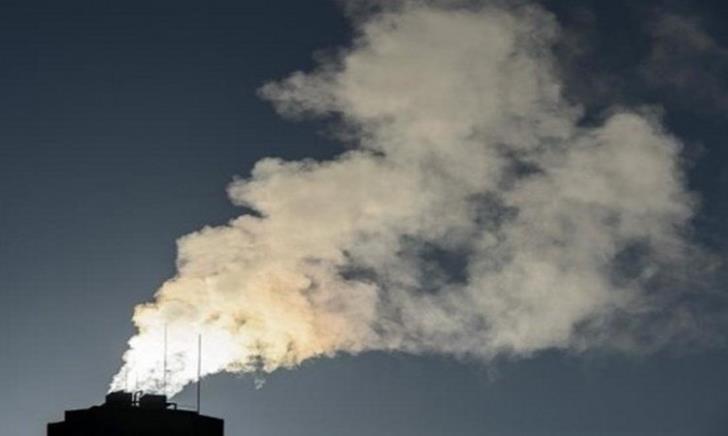The House Human Rights Committee on Monday heard bleak evidence over the fatal consequences from the operation of toxic factories near populated areas – something described by experts as unacceptable “little Chernobyls”.
Doctors, academics, environmental scientists but also human rights activists and victims of this sort of pollution all across Cyprus took part at the debate proposed by main opposition Akel MPs.
Shocking evidence was given by Ionas Kkailis and Chrysanthos Pafitis, relatives of cancer patients and residents of Latsia where Astrasol battery factory was in operation – illegally – for years. This was one of the cases that came under the microscope during te debate.
Both men had lost their wives to cancer linked with the toxic substance dichloromethane (R40) which was used for the battery production.
In 2019, Nicosia District Court ordered Astrasol and the state to pay €700,000 to the families of people who died of cancer because of the factory’s illegal operations in Latsia.
Astrasol was found using the toxic substance dichloromethane (R40) illegally in its factory.
The Court examined 22 lawsuits by relatives of former employees and residents of Latsia who died of cancer. The lawsuits were also directed against the Department of Labour Inspection.
In a statement, committee chairperso Irini Charalambidou said: “What we need in Cyprus is strong legislation based on supervision, strict licensing of factories and control of pollutants because the health of citizens is non-negotiable.
She added: “It is a human right to be able to live in a healthy environment”.






